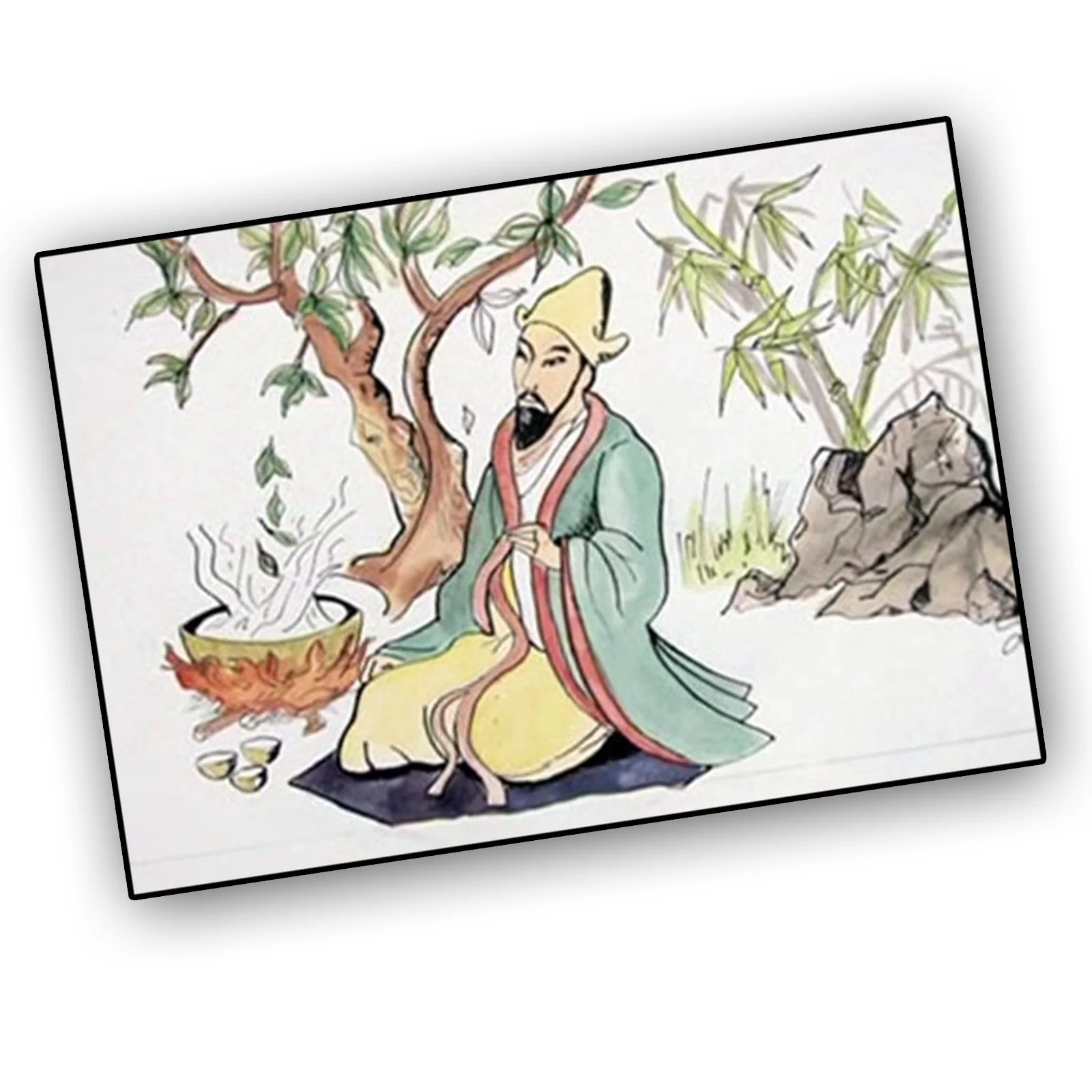Tea History
In 2737 BC, a few leaves of tea blown by chance into Chinese Emperor Shen Nung’s drinking water made a remarkable impact on man’s drinking habits. He found that the resulting brew was more pleasant to drink than hot water.
With this legendary discovery of tea, Emperor Shen was convinced that tea improved health and recommended it as a “remedy for kidney trouble, fever, chest infection, and tumors that come about the head.”
The Emperor claimed that tea was able to detoxify 72 different kinds of poison. In those early days of tea, only the Emperor and the royal court circles were privileged to enjoy tea, which was considered a medicinal drink.
The habit of tea drinking slowly spread to the masses in China, and by the end of the 6th century, the Chinese began to regard tea as not only a medicinal drink but also a source of refreshment.
Strong beliefs about tea’s medicinal properties accompanied its spread from China to other parts of the world.
This was evident in 1675 when Thomas Garway offered tea for the first time to the public in his London coffee house. Today, the tea-drinking habit has spread all over the world.
It is second only to water as the most favorite beverage on earth. Most people drink tea as a social drink because of its pleasant and stimulating character.
Although Emperor Shen’s and Thomas Garway’s pronouncements may sound extravagant to some, recent biomedical research confirms the centuries-old history of lore about the power of tea in preventing illness and prolonging life.
